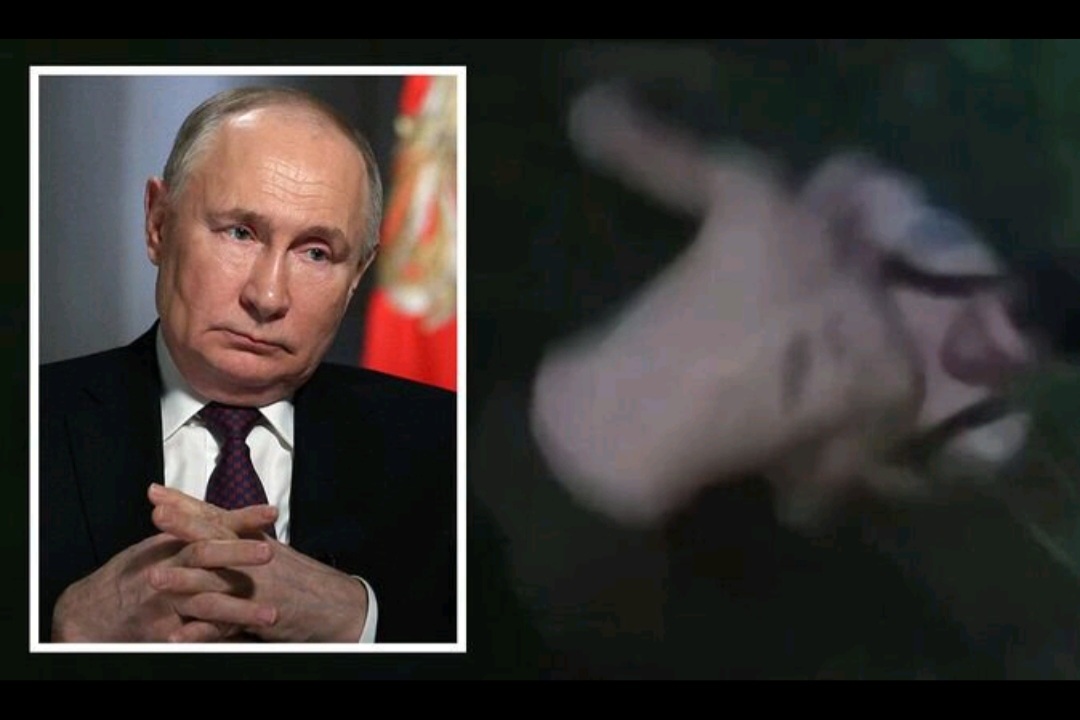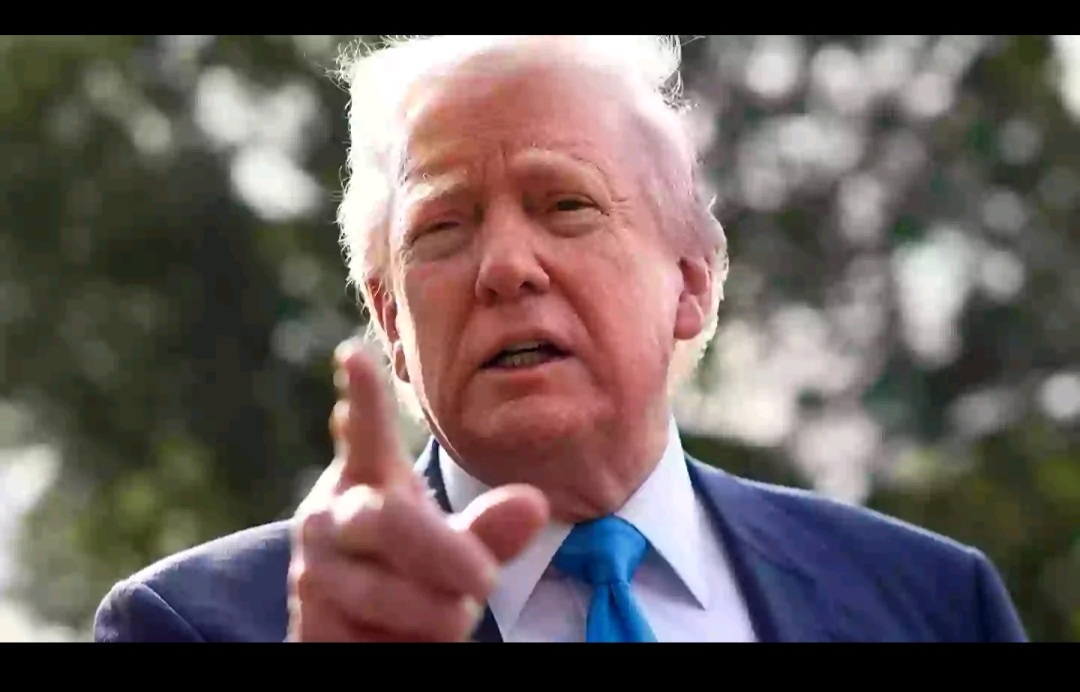The new minimum wage negotiation which began peacefully last February, appears to have turned into a bitter disagreement that is generating debates among Nigerians, and especially between employers in Nigeria and the labour unions who represent groups of employees.The recent development in the entire discourse, concerning a proposal from Southern Governors Forum that the organised labour should allow state governments negotiate separate minimum wages for their respective states, appears not to have gone down well with the unions, which already are perceiving orchestrated delays in the implementation of a nationwide living wage for Nigerian workers. However, the mere proposal by state governors to enter into seperate negotiations with state workers puts to jeopardy the very essence of assuring a nationwide minimum wage, aside from the fact that the proposal runs contrary to the National Minimum Wage Act…Click Here To Continue Reading>> …Click Here To Continue Reading>>
In a nation where all political office holders across the States and the federal government cadres receive remunerations as nationally categorized by the National Salaries, Incomes and Wages Commission, irrespective of the resource capacities of their respective governments, should there then be a separate measure for the rank and file of the workforce?All over the world, a national minimum wage is set to guard against inhumane exploitation of workers, who whether in government or private employments, face same economic situations. Besides, nations that value social equality and fairness set standards in education, healthcare, wages and other necessities of life, to ensure equal sustainability opportunities for all. The minimum wage should be a nationally assured lowest wage from which any employer may wish to negotiate to pay higher, and it should be aimed at ensuring subsistence for the least worker in a way that is reasonably fair, moral and affordable, to enable him/her meet basic living conditions.
History has shown that such protections have proved to ensure wider social justice, industrial harmony, while boosting workers’ productivity, and therefore sustaining a general economic growth.There’s no doubt that in the present economic situation in Nigeria, where the cost of a basic meal has risen above N1,000, the current N30,000 minimum wage can’t sustain the feeding, clothing, housing, transportation and healthcare needs of a single adult, let alone those with dependants. In the current devaluated currency and inflationary economy, and in the face of the affluence flaunted by politicians, workers may have a justification to feel short-changed in the lopsided distribution of wealth and see themselves left in cold, dark corners to languish in penury. It’s therefore unimagineable that some states still pay N18,000 as minimum wage, and stagnate workers’ promotions, while others have refused to pay wage awards intended to temporarily cushion hardships.
On January 30, 2024, Nigeria’s President, His Excellency, Bola Ahmed Tinubu, through the Vice President, Kashim Shettima, inaugurated a 37-man panel of Tripartite Committee on NationalMinimum Wage, headed by Bukar Aji, to review the current minimum wage of N30,000, and recommend a new minimum wage for the country. Members of the committee comprised representatves from Nigeria’s diverse employer groups, the six geo-political zones each represented by a state governor, as well as representatives of employee groups.Apart from the need to address the pressing economic challenges faced by salary earners in the country following the harsh impact of petroleum subsidy removal, Mr President’s action was also in line with the Minimum Wage Act of 2019 which rests upon a House of Representatives Resolution of May, 2017 that the National Minimum Wage Act be compulsorily reviewed every 5 years. The current N30,000 minimum wage had been agreed upon in 2019 based on which the National Minimum Wage Act was enacted, and expired in March 31, 2024. READ FULL STORY HERE>>>CLICK HERE TO CONTINUE READING>>>
The report of the committee’s review and recommendations were envisaged to be ready before Workers’ Day when workers usually expect announcements of new labour policy directions. In the face of biting economic hardships, and as Mr President had promised that a new minimum wage regime would take effect from May 1, 2024, it was by no little expectations that workers awaited the outcome of the tripartite committee’s deliberations, and government pronouncement for May 1, 2024. The committee in its negotiations and consultations, conducted public hearings on minimum wage expectations across the six geo-political zones of Nigeria, where zonal stakeholders in high hopes reached some rather fabulous wage demands – the South-South zone had proposed N850,000 as an ideal minimum wage; South-West zone, N794,000; the North-Central zone, N709,000; the North-East zone, N560,000; the South-East zone, N540,000; while the North-West zone asked for N485,000, from which the organized labour finally settled on an initial demand of N615,000.
In presenting its demands, the united congress of the Nigerian Labour Congress (NLC) and the Trade Union Congress (TUC) claimed, “The figure was a product of a painstaking effort through which we captured the cost of living of Nigerian workers and masses in all parts of the country. It was essentially an outcome of an independent research conducted by the NLC and TUC on the cost of meeting the primary needs of an average family around the country. Our research was based on a family with both parents alive and four children without the burden of having other dependents with them”.However, which ever how labour tries to justify its initial demand, N650,000 is nothing but outrageous given Nigeria’s financial challenges, and considering that the minimum wage is envisaged for the lowest-level worker who most likely is without dependents.
By its unaffordable demand, labour may have shot itself on the foot by making itself be perceived as unrealistic, which may have tempted the employers’ side to engage it in a hide and seek game, with the opening offer of N48,000. As labour downed to N497,000, the employer groups racheted the offer knob to N48,000, N54,000 and N60,000. In the final tally following a brief strike, labour pins to N250,000 demand, while the offer micro-ed to N62,000. In the stalemate and air of suspense, the Tripartite committee sent its report to the presidency following which all eyes are now on Mr President’s action and the likely reaction from labour. The new push from some governors to decentralize negotiatons won’t help diffuse the obvious tension hanging over Nigeria’s industrial relations, but may inflame it.The onus therefore lies on Mr President to come to the rescue, by bringng all contending stakeholders to a cordial agreement. A more pragmatic government should stir away from the unrealism of both the labour unions and employer groups, and rather see the survival of both sides as vital to the resuscitation of a struggling economy. But given that some employers who enjoy the affluence of office in a harsh economy, yet feel no empathy for stranded workers to the point of refusing to implement even the old N30,000 minimum wage, Mr President has got a lot of policy frameworks to tidy up.
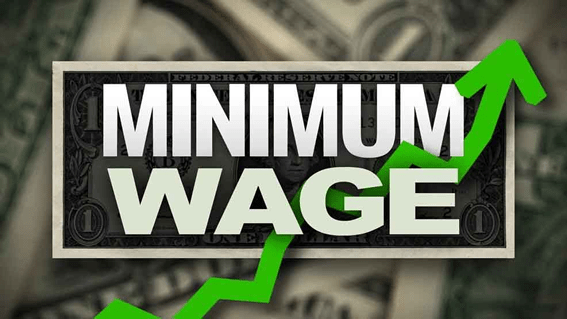

 METRO10 months ago
METRO10 months ago
 SPORTS10 months ago
SPORTS10 months ago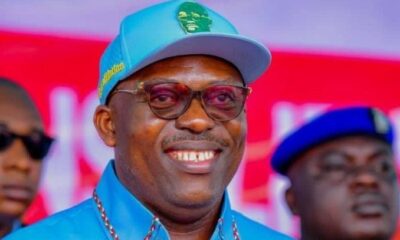
 IN-THE-NEWS11 months ago
IN-THE-NEWS11 months ago
 METRO7 months ago
METRO7 months ago
 SPORTS10 months ago
SPORTS10 months ago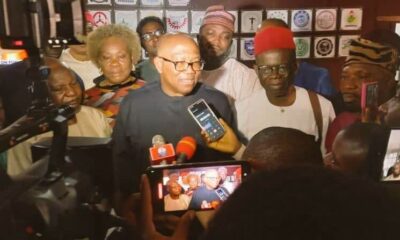
 IN-THE-NEWS10 months ago
IN-THE-NEWS10 months ago
 IN-THE-NEWS11 months ago
IN-THE-NEWS11 months ago
 METRO7 months ago
METRO7 months ago
